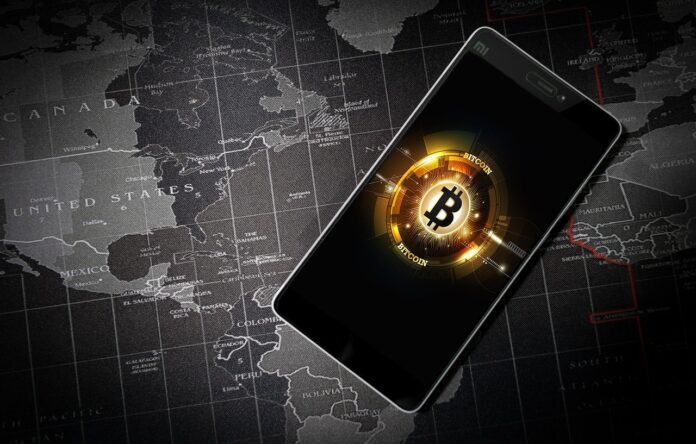The digital age has revolutionized the way we manage money, from contactless payments and cryptocurrencies to mobile apps like Venmo and Cash App. However, natural disasters like Hurricane Helene serve as harsh reminders that our technological advancements can be rendered useless in the face of catastrophic events. In times of disaster, the need for basic necessities like food, water, and shelter is immediate, and without physical cash, meeting those needs can become an impossible challenge.
When a hurricane or another natural disaster hits, it often brings banks, power grids, and digital payment systems to a grinding halt. Hurricane Helene, a devastating Category 4 storm that recently wreaked havoc in the Appalachian Mountains, caused widespread flooding and destruction, leaving millions of Americans without access to the internet, electricity, or even cell phone service. For communities affected by the hurricane, this meant that traditional financial tools — from ATMs to online banking services — were inaccessible, making cash the only viable option for transactions.
In 2024 alone, extreme weather has become a personal experience for a growing number of Americans. Pew Research Center data shows that 72% of U.S. citizens have encountered at least one such event this year. Additionally, the Federal Emergency Management Agency (FEMA) has already declared 81 major disasters in 2024 — double the number recorded two years ago. This alarming trend raises an important question: How should communities prepare for financial disruptions caused by nature’s fury?
The impact of Hurricane Helene is an instructive example of how natural disasters can expose the vulnerabilities in our financial infrastructures. In the Appalachian region, where internet access is already fragmented, the storm’s destruction further hampered connectivity, leaving residents without the means to access online banking services or digital payment systems. As relief organizations point out, cash offers the most flexibility for people to address their urgent needs during such crises. Donations in cash flow directly into local economies, helping to restart businesses and expedite recovery.
The lessons from Hurricane Helene are clear: we must take the financial impact of natural disasters just as seriously as the emotional and physical tolls they exact. Three key lessons have emerged from the devastation that Americans should heed:
1. Preserve the Future of Cash.
As digital payment systems become more popular, the future of physical cash has come into question. However, the ability to make cash transactions during a disaster is irreplaceable. Despite predictions that cash may eventually become obsolete, it remains critical to keep physical currency available in emergencies. Citizens should maintain some cash reserves, and local ATMs must be stocked and functional to ensure smooth cash withdrawals during crises.
2. Modernize Internet Infrastructure.
One of the most glaring issues in areas like Appalachia is the fragility of internet networks during severe weather events. Local governments and public service organizations must invest in robust innovations, such as Starlink, which provides internet access through a network of satellites in space. Moving critical internet infrastructure into space could mitigate the impact of storms that knock out cables, wires, and fiber optics. While not entirely foolproof, satellite-based internet connectivity can serve as a lifeline in disaster scenarios when traditional internet infrastructure fails.
3. Promote Financial Education and Resilience.
Educating individuals on the importance of financial preparedness is crucial. This includes encouraging the habit of saving cash for emergencies and teaching people how to access financial assistance after a disaster, file insurance claims, and rebuild their financial security. For more sophisticated investors, it also means preparing for market volatility by managing positions during periods of internet disruption.
The financial repercussions of natural disasters cannot be overstated. As Hurricane Helene has shown, being unprepared can leave communities stranded without access to essential goods and services. In response, unbanked or underbanked individuals living in “banking deserts” — areas without access to a nearby bank — should consider using fintech alternatives like GreenDot or Vanilla Direct. These services allow users to load cash onto prepaid debit cards or digital wallets, providing a backup solution in areas where traditional banking options are unavailable.
While we cannot control the weather, we can control how we prepare for its impact. As extreme weather events continue to rise, the lessons from Hurricane Helene should prompt a rethink of how we structure our financial systems. Local governments, public service organizations, and individuals must work together to ensure that the infrastructure supporting digital payments is fortified, financial literacy is enhanced, and most importantly, that cash remains a critical tool for emergency situations.
In the end, while technology may offer convenience in normal circumstances, when disaster strikes, cash is still the ultimate king.


